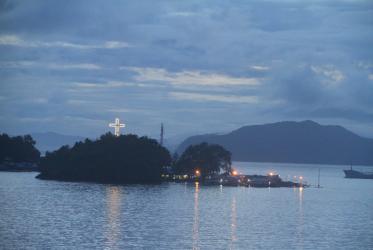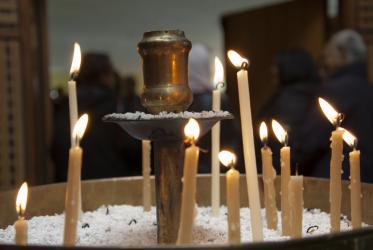Mostrando 1 - 20 de 95
In a COVID-stricken world, “everyone is important”
23 Octubre 2020
CCIA-Tagung in Brisbane setzt Prioritäten für die Region Pazifik
19 Febrero 2020
CCIA meets in Brisbane with focus on Pacific regional priorities
19 Febrero 2020
The cry of the Papuans in Indonesia
14 Noviembre 2019
Dalit Liberation Sunday empowers grassroots in India
15 Octubre 2018




